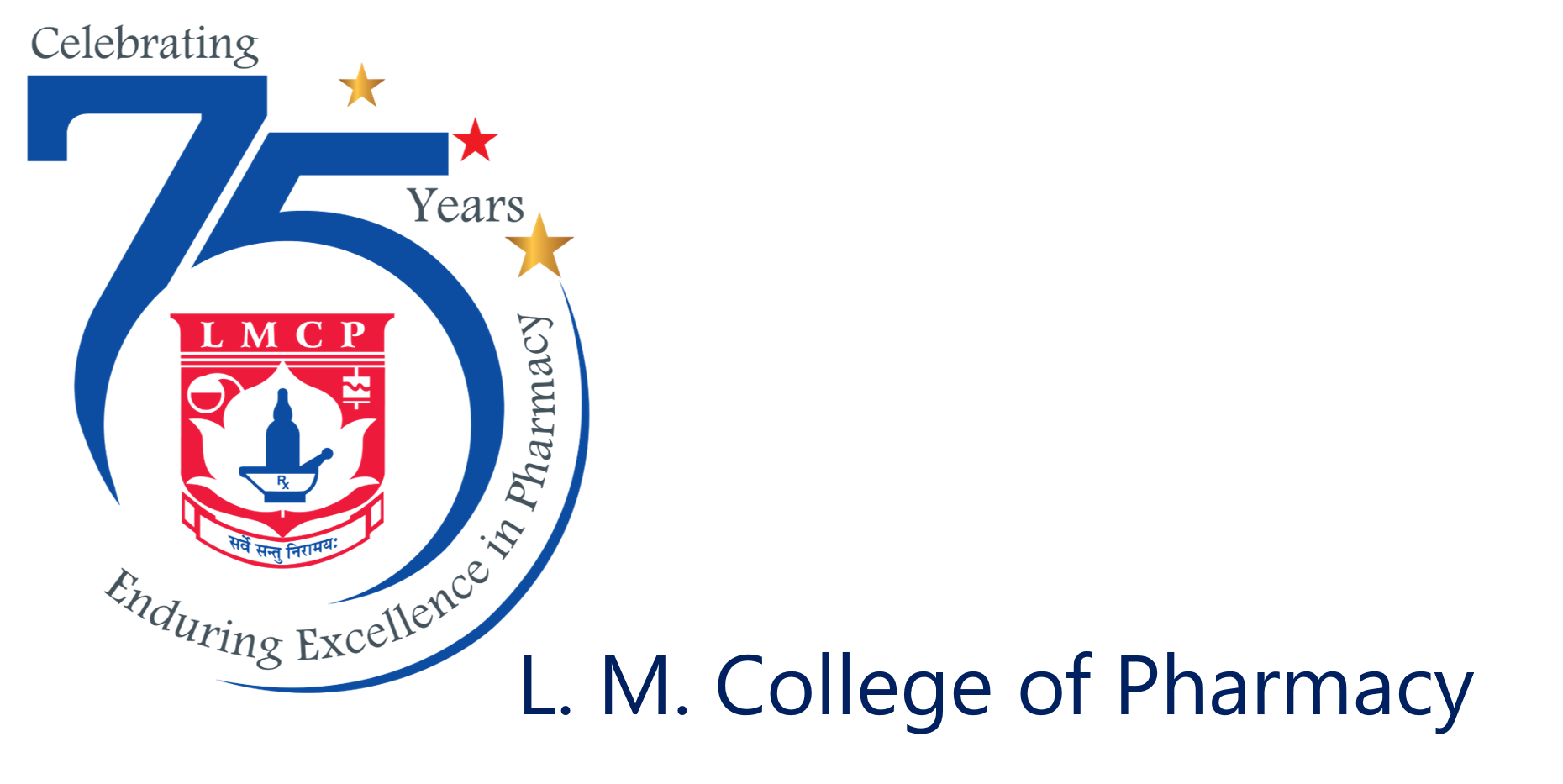Definitions: Under laws in India, ragging is defined as:
(i) Any disorderly conduct by either by acts or words spoken, the effect of which is teasing, treating or handling with rudeness any other student;
(ii) Any rowdy or undisciplined activity, which causes annoyance, hardship or psychological harm;
(iii) Raise fear or apprehension thereof in the minds of junior
(iv) Asking the students to do an act or perform something, which such student will not do in ordinary course, which has the effect of causing shame or embarrassment so as to adversely affect the physique or psyche of a junior student
Purpose: To ensure completely wiping and prohibiting the activities of ragging.
Scope & Responsibility:
- To evolve a permanent mechanism for the prevention, prohibition and redressal of ragging at LMCP.
- To actively promote and arrange mechanism to raise awareness about and discourage ragging.
- To undertake all necessary and reasonable steps including the constitution of appropriate committees to assess and conduct enquiries into complaints of ragging in regard to punishment or otherwise, depending on the facts of each incident of ragging and nature and gravity of the incident of ragging established in the recommendations of the Anti-Ragging Squad.
- Every fresh student admitted to the institution shall be made aware of whom he/she has to turn to for help and guidance for various purposes including addresses and telephone numbers, so as to enable the student to contact the concerned person at any time.
- Full confidentiality of the identity of informants of ragging incidents.
- To make surprise raids on hostels, and other places vulnerable to incidents of, and having the potential of ragging.
- FIR: The guidelines lays down that on receipt of any information concerning any reported incident of ragging, the Head of institution shall immediately determine, if a case under the penal laws is made out and if so, either on his own or through a member of the Anti-Ragging Committee, proceed to file a First Information Report (FIR), within twenty four hours of receipt of such information.
- Evaluation of Ragging: It lays down that The Anti-Ragging Committee of the institution shall take an appropriate decision, in regard to punishment or otherwise, depending on the facts of each incident of ragging and nature and gravity of the incident of ragging established in the recommendations of the Anti-Ragging Squad.
Constitution of Anti-Ragging Committee at Institute Level:
| Chairman | Dr. M. T. Chhabria, Principal & Professor, L. M. College of Pharmacy, Ahmedabad. |
| Civil and Police Administration | Mr. B. H. Patel Police Inspector, Gujarat University Police Station, Ahmedabad-380 009. Ph: 26305478 |
| Local Media | Hemantbhai Joshi, Nav Gujarat Samay, Times of India Building, Ashram Road, Ahmedabad. |
| N.G.O (For youth activities) | Darshita Shah Darshu Care Public Charitable Trust, Ambavadi, Ahmedabad. |
| Representative of Parents | Gajanandbhai Bhavsar B/61, Shaktinagar, Rabari Colony, Amraivadi, Ahmedabad. |
| Representative of Students |
Soham Rajyaguru Vivek Sheth Astha Joshi Vibhuti Der Vaishanvi Patel |
| Faculty coordinator | Dr. Anuradha Gajjar |
| Representative of Faculty |
Dr. Ketan Ranch Dr. Haribhai Rabari Ms. Mital Patel Dr. Jayesh Beladia Dr. Chirag Patel Mr. Sanjay Patel |
Punishable aspects of Ragging
- Abetment to ragging, Criminal conspiracy to rag, Unlawful assembly and rioting while ragging, Violation of decency and morals through ragging, Injury to body causing hurt or grievous hurt, Wrongful restraint, Wrongful confinement, Use of criminal force, Extortion, Assault/sexual offences/Unnatural offences, Criminal intimidation, Offences against property, Attempt to commit any or above of the offences, Any offence flowing from the definition of ragging
- Any of the following may be contacted verbally or in writing, at any time, for lodging complaints:
Dr. Ketan Ranch Send email ketan.ranch@lmcp.ac.in (9925475599)
Ms. Mital Patel Send email mital.patel@lmcp.ac.in (9978094057)
Anti-ragging Complaint Form: https://forms.gle/zWqe4o2KUfTq23ne9
Process for Handling Cases of Ragging:
- Cancellation of admission
- Suspension from attending classes
- Withholding/withdrawing scholarship and other benefits
- Debarring from appearing in exam/other evaluation process
- Withholding results
- Debarring the student from representing in any national, international or youth festival.
- Suspension from hostel
- Restriction from institution for a period of 1 to 4 years
- Expulsion from an institution and barring from admission in any other institution.
- Fine as per UGC/GTU/AICTE circular
References:
Legislations on Ragging
- GTU recommends (GTU/UGC/Misc/2017/8368, Date: 17/11/17), legislations on ragging as per UGC letter D. O. No. F.1-15/2009 (ARC) pt. III dated November 15, 2017.
Central Legislations
The central legislations, which keep check on the practice of ragging in India, are:
- Indian Penal Code
- UGC Regulations On Curbing The Menace Of Ragging In Higher Educational
- Institutions, 2009
- All India Council for Technical Education (Prevention and Prohibition of Ragging in Technical Institutions, Universities including Deemed to be Universities imparting technical education) Regulations 2009 under Section 23 and Section 10 of the AICTE Act, 1987.

